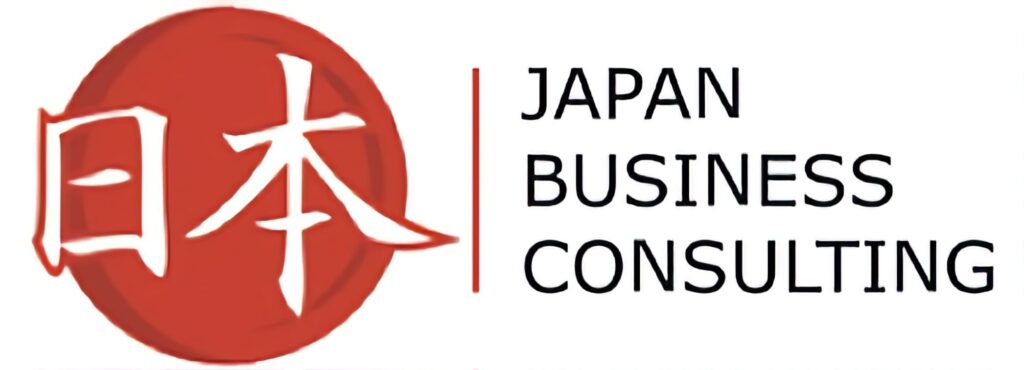How to build trust when doing business in Japan
Written by Erich Ahorner

After working for a big Japanese company for 5 years in Europe, I had gained some trust with the Japanese C-Level executives and was sent to the HQ in Japan to work there as main contact point for European supplier management and cost reduction activities. In one of my first projects I made a proposal that would have saved the company over a million dollars each year, by sourcing components from one supplier and not from several suppliers in Japan, the US and Europe.
All the necessary documentation, certifications and testing were available and done, and the price already negotiated. Little did I know back then that the concept of trust in business in Japan is a bit more complicated than in typical Western economies. The project was stopped by the Japanese team responsible for this component with the comment that they had 'another European supplier' in the past that did not live up with customer service expectations.
Nobody wanted to take the 'risk' of a similar mistake, even not for a million dollars per year.
The discussion goes beyond cost savings, sticking by the agreement, getting paid or not getting paid for goods and services etc. We have to remember that the people we deal with in Japanese companies are salaried employees who have probably been with that company their whole career. They are primarily interested in gradually moving up internally by making no mistakes. The best way not to make a mistake is to do nothing new or risky.
The aversion to risk precludes trying anything that might have a negative impact, even if that means denying the company business opportunities, or like in my example, cost savings. Most Western companies are looking to reward risk-taking, but risk is seen quite differently in Japan. There is little reward for risk-taking, and a big downside if things go wrong.
So, when we approach a Japanese company, we have to think about how we can take away the risk for the individual or group we are dealing with. It might be through free test samples, money-back guarantees, warranties, escape clauses, etc.
This attitude toward risk is summed up by the saying 'Japanese buyers prefer the devil they know over the angel they don't know'.
By definition, you are the angel they don't know, because you are offering a new product or service, or an alternative to what they are using now. They would rather go with a higher price and more certainty than to save a few yen while introducing a higher level of risk.
Our "pricing advantage” doesn't resonate. Especially when we have not been able to also resonate with the buyer's concerns about risk.
In the distribution system in Japan, there is a very complex food chain to work through.
There are many layers, and if you don't deliver as you said you would -when you said you would- you endanger the whole interlocking food chain. This is where the real trust comes into play, and it isn't just about discounts on price points. No Japanese company wants to see their distribution system set on fire by a new supplier or business partner, someone they don't really know well.
This is why we also say, 'Getting business done takes a long time in Japan'. Therefore, they are very conservative about introducing a new supplier into their ecosystem. If you are looking to do business in Japan, it is a business marriage, not a one-night stand.
There are many examples where aggressive pricing doesn't cut it and doesn't open the doors to deals. For example, when you are competing in the marketplace with the big Japanese trading
companies, they take the risk away for their buyers by providing very long payment terms (60+ days).
They will have set a higher price than what you can probably supply for, but their offer is a lot less risky.
Their client company can land the product, sell it, and then pay the trading company later. Your discounted price -though attractive- can't compete with that risk-free arrangement.
Because of the buyer's risk aversion, due diligence in Japan is performed very carefully and usually very slowly. Deals in Japan rarely get done in one meeting, so we must expect multiple meetings and questions asked. Things take a lot longer here because companies must gain consensus internally if they are to make a change to their supply or business partner arrangements.
Everyone is concerned about making sure the risk component of a new business partner has been
removed before they will agree to move forward. It might take years, in fact, before the buyer is comfortable with even giving you a try.
Remember, the individuals involved are rewarded for reducing risk rather than adding more revenue.
This happens to me sometimes when representing my clients. Companies we met four years ago finally send an enquiry for a sample product. It can drive you nuts, but this is how it is in Japan.
Western companies being driven by quarterly earnings and the stock price have a hard time with Japanese long-play time frames.
To be successful you need to think risk-reduction strategies and also think long term when dealing with Japanese business partners. Suggest trial orders, small-scale testing, and low-risk activities, and show sustained quality and logistics capability.
If you can approach the sales process this way, then you will develop the trust needed to build the business here and keep it going forever.
Switch your thinking from getting a first order to getting reorders in the future.
When you do that, you understand why it is so important to secure trust in the relationship.
Difficulty gaining trust in your relationship with Japanese business partners?
Schedule a call here:

Erich Ahorner
Erich Ahorner helps people enter the Japanese market and grow their businesses. He is an expert at helping people with market entry using online and offline methods and trying to break down necessary steps to make things simple to understand. If you're interested in growing your business or entering a new market to and increase sales then definitely reach out and request a free strategy session today.
Menu
